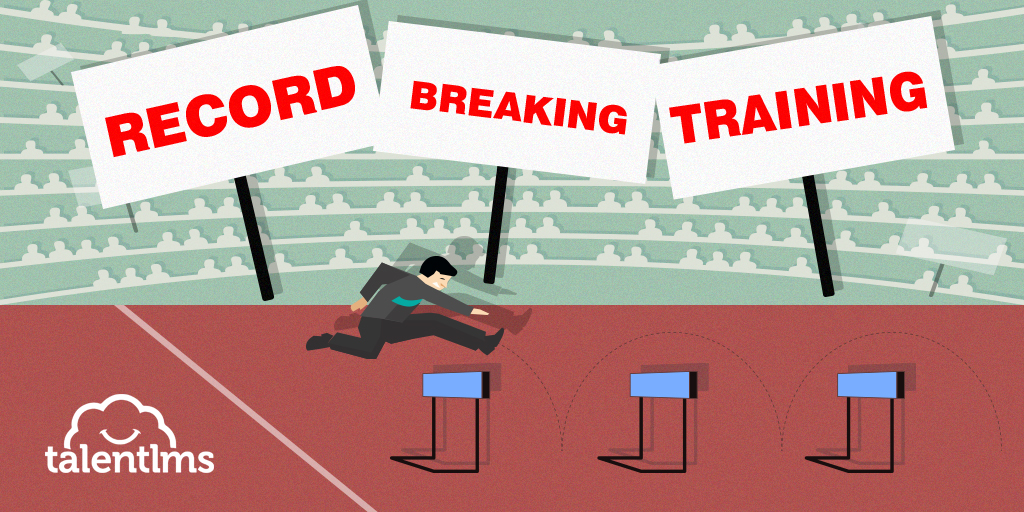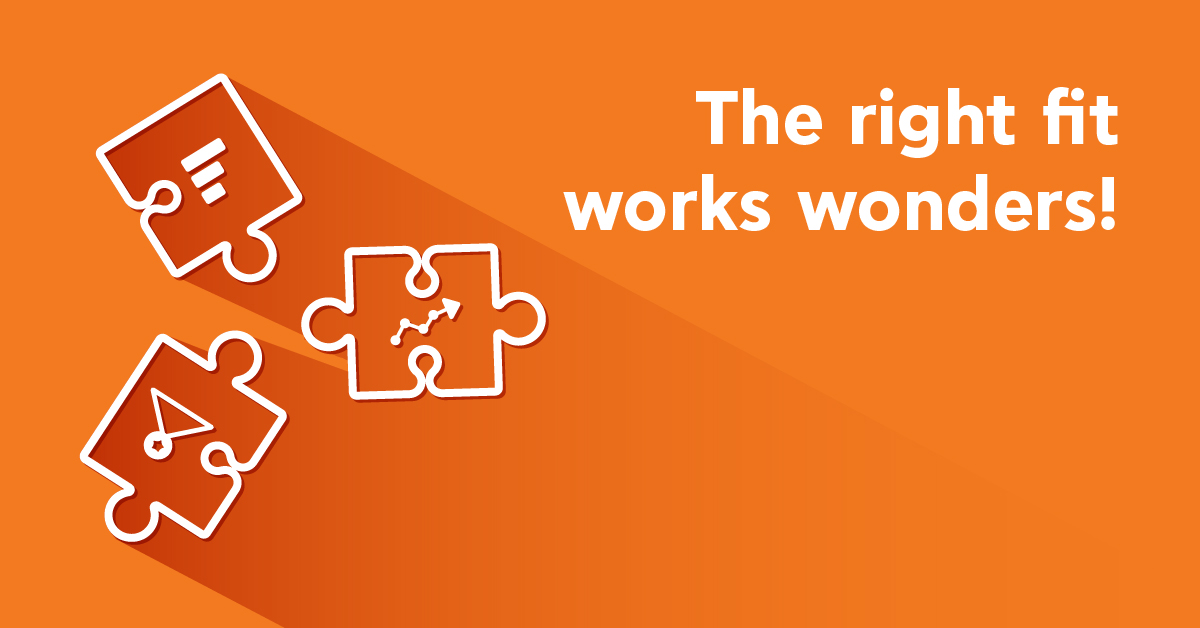Millennials outnumber all other generations in the workplace — and they’re expected to make up 75% of the global workforce by 2025. Therefore, it’s never been more important for HR leaders and training professionals to know how to train them effectively. One of the things that make training millennials so challenging is that they are unlike any generation that has come before them.
Who millennials are, and how are they different from their colleagues?
Millennials, also known as Generation Y (Gen Y), describe anyone born between 1981 and the mid-90s. They’re tech-savvy, they value inclusion, and they want to find meaning in their work. Knowing how to capitalize on their traits and expectations is the key to developing strategies that bring out the best in your Gen Y workers.
How to train millennials
Training strategies that worked for previous generations may be outdated and irrelevant now. Instead, a training program that uses the latest technology, and provides leadership training in a collaborative workplace is more likely to engage millennials.
Here’s how to build a training program for training millennials successfully:
1. Integrate modern technology into your training
Even though millennials are not tech-native like their younger colleagues (aka Gen Z employees), they’re still fascinated by modern software and rely on tech daily. They prefer digital platforms over traditional ones, and their approach to learning is shaped by social networks and other messaging apps.
You can appeal to millennials by providing a mobile-friendly training program and using social media platforms or online forums. This way, you can encourage employees to apply social learning and collaborate with each other.
However, if budget and resources allow, you can also take it a step further with virtual reality and AI to develop fully immersive learning experiences. Allow millennials to interact with various scenarios and places as if they were doing it in real life.
2. Use gamification
Another tech-savvy way to engage millennials is to use gamification.
Game-based training makes it easier to engage with, understand, and remember the training content. One of the things that most millennials are familiar with are digital games. A 2019 report by Nielsen revealed that millennials spend six hours on average each week watching gaming video content. Plus, 2 out of 3 millennials in the US play video games once a month.
So why not use games to train millennial employees and generate further wins for your business?
Consider creating online games, quizzes, and competitions to educate millennial workers about various aspects of your organization. You could even get them involved in the development and design of the games. If you want to take it a step further, consider introducing prizes for the employees that get the highest scores.
Apply gamification to learning with TalentLMS
The training platform that users consistently rank #1.
Easy to set up, easy to use, easy to customize.
3. Teach leadership skills
Millennials are highly ambitious and strongly engaged with career growth. They’re looking for opportunities to move to leadership and management positions.
This is why you should create training programs that provide employees with the skills and experiences they need to be successful in those roles.
How you deliver training, though, matters. According to an IMF report, training professionals should be more of a “guide on the side” rather than the typical “sage on the stage“. This is particularly important when it comes to leadership training, as this approach also reflects the leader style they prefer.
Millennials are not fans of strict hierarchy. Instead, they prefer to have autonomy at work and room for collaboration. Therefore, your leadership training program should prepare future managers for this working style.
Meet TalentLibrary™
A growing collection of ready-made courses that cover the soft skills
your teams need for success at work
![]()

4. Provide mentors
Mentorship is also important to millennials. Their high level of ambition combined with their desire and willingness to learn new skills, has contributed to the increasing value they place on mentors.
With this in mind, any training programs aimed at millennials in the workplace should incorporate one-on-one training and professional guidance.
Develop a structured program that includes progress reports and the opportunity for them to ask questions and discuss their career options with team leaders and supervisors. Retain open channels of communication during training that help them understand where they fit into the wider goals of the company and how they can contribute.
5. Involve multiple teams & departments
Millennials work best when working with other people. According to a Deloitte survey, millennials value work environments with cross-team collaboration.
This is why it makes sense to involve multiple teams and departments when creating training programs. Not only does this encourage different teams to cooperate rather than compete with each other, but it’s also an effective way to engage your Gen Y workers.
Get input from team leaders and employees from different departments on what you should include in the training content. Consider developing exercises that encourage millennial workers to learn more about other departments and positions in the company.

6. Introduce microlearning
Microlearning is defined as learning in small, digestible chunks. Typically, microlearning courses are broken down into components that last between 30 seconds to a few minutes long.
Each module should tackle a single learning goal. For example, you could create a series of short videos that each address one topic. Alternatively, you could develop a series of mini-tutorials, infographics, or demos that present different aspects of a subject.
Given the short attention span of many of today’s millennials, adopting a training style that mimics the way they consume content is the most effective strategy.
The key to any microlearning course is to keep it short, have a single point of focus, and try to make it as interactive as possible. To make your microlearning course even more memorable, you could also try incorporating multimedia content, music, or narration.
7. Emphasize the purpose of your millennial training strategies
A strong sense of purpose and corporate ethics appeals more to millennials, compared to previous generations.
Naturally, all training courses have a purpose. However, while that purpose may be obvious to you, the same doesn’t necessarily apply to your millennial workers. This means that any training program you roll out should not only highlight your business goals, but also the wider benefits for society.
Ideally, it should also educate employees on how they can integrate your company’s mission and values into their day-to-day duties.
Conclusion
Although millennials have very different needs and expectations than the generations that came before them, adjusting your training programs accordingly should not be seen as a drain on your time and resources.
Rather, it’s a way to engage a modern, tech-savvy workforce that is constantly seeking alternative ways to advance their careers and contribute to society. Any courses aimed at training millennials should help them connect the dots and satisfy their inherent need for greater autonomy and control.
Besides, successful employee training will help establish strong relationships with your Gen Y team members. Unlike previous generations, millennials are more likely to have multiple jobs throughout their careers. This is why it’s not only important to engage this growing demographic of employees, but also to retain them.
| Tags: Employee Engagement,Employee Training



